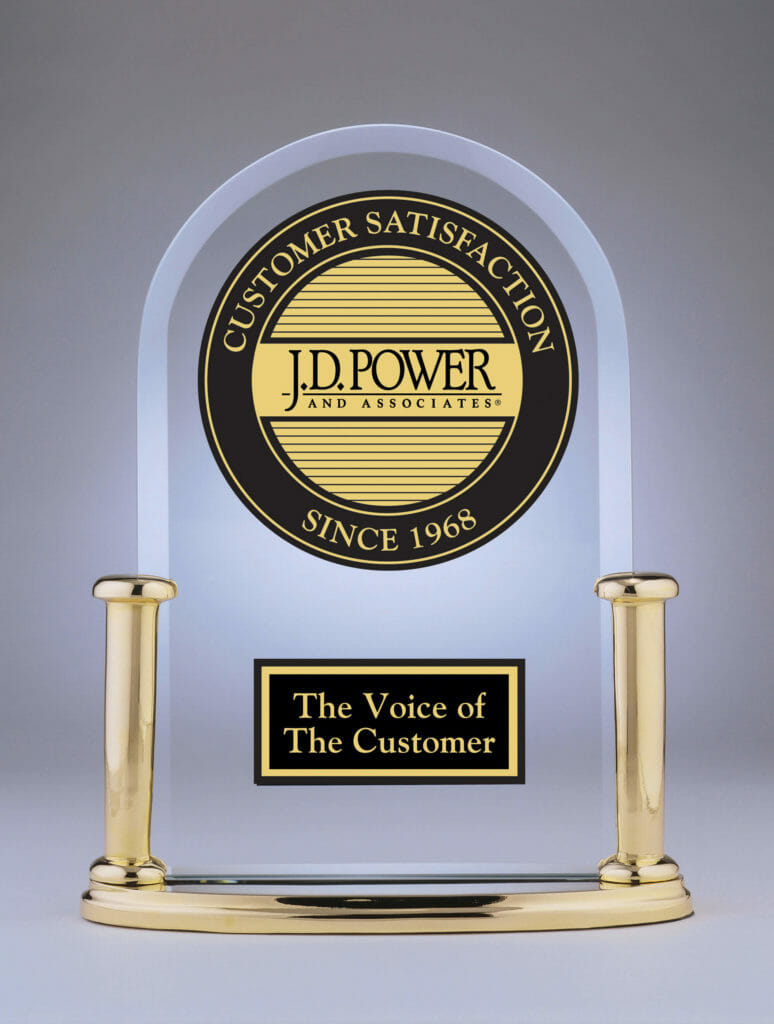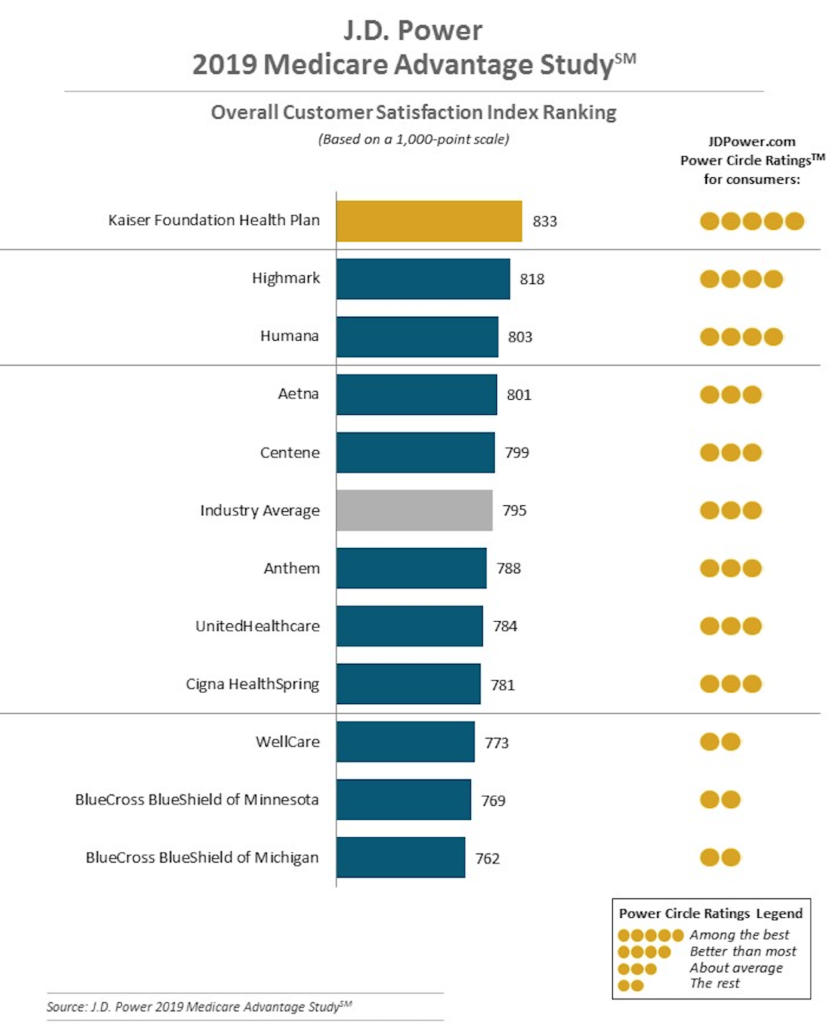
With an increasing number of senior living operators joining or forming their own Medicare Advantage plans, or considering doing so, the results of new J.D. Power customer satisfaction research could provide insights as to next possible moves.
The advisory services, data and analytics company released the results of its 2019 Medicare Advantage Study on Thursday.
“When deciding on a partnership with a current plan, consider that the majority of MA members (59%) stay with their health plan less than five years, and those plans with longer-tenure membership have populations with higher levels of satisfaction,” James Beem, managing director, global healthcare intelligence at J.D. Power, told McKnight’s Senior Living. “Poor consumer experience creates switching behaviors, which is costly to both plans and partners of health plans.”
The largest drivers of satisfaction with MA plans are coverage and benefits, he said.
“So product design and pricing those products is crucial to MA membership,” Beem added. “Provider choice ranks second, so careful network configuration and controlling network cost is another major point of consideration for MA health plans.”
See plan rankings in the chart below.
Enrollment in MA plans has almost doubled over the past decade and now includes approximately 20.4 million Americans, J.D. Power noted. The 2019 study measured member satisfaction based on six factors: coverage and benefits (29%), provider choice (17%), cost (15%), customer service (15%), information and communication (12%) and billing and payment (12%).
Other study highlights:
- Overall customer satisfaction is highest (822) among MA plan members who have been with the same plan for 9 to 11 years.
- Among MA plan members who chose to switch plans, the most common reason was related to cost. Those who switched plans for cost-related reasons alone, however, had satisfaction scores that are considerably lower (777) than those who switched for cost- and non-cost-related reasons (808).
- Aside from cost, the lowest-rated attributes of plans in the study consistently were those related to information and communication.
- The gap in overall satisfaction between HMOs and preferred provider organizations is 10 points (804 for HMOs versus 794 for PPOs) in 2019, whereas in 2017, the gap was 20 points (810 for HMOs versus 790 for PPOs).
The results of year’s MA study, J.D. Power’s fifth, are based on the responses of 3,233 members of MA plans across the United States. The study was fielded from January through March.




